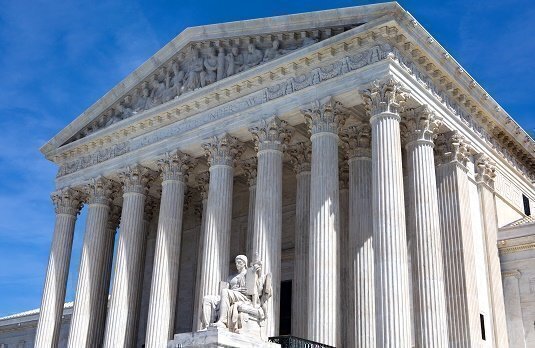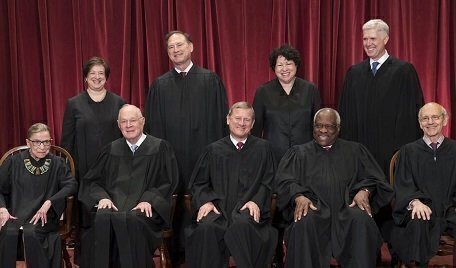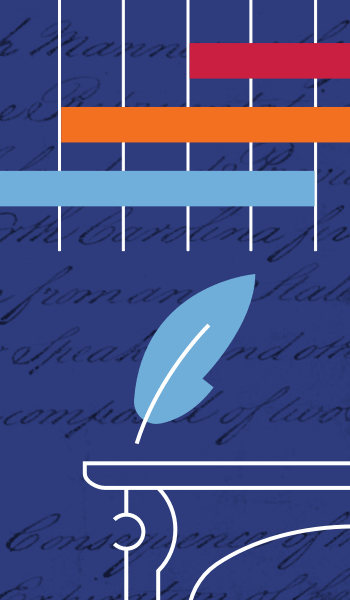Classroom Resources By Topic
Article III

Introduction
The Judicial Branch: Article III of the Constitution establishes the judicial branch of the national government, which is responsible for interpreting the laws. At the highest level, the judicial branch is led by the U.S. Supreme Court, which consists of nine Justices. In the federal system, the lower courts consist of the district courts and the courts of appeals. Federal courts—including the Supreme Court—exercise the power of judicial review. This power gives courts the authority to rule on the constitutionality of laws passed (and actions taken) by the elected branches. The Constitution also promotes the principle of judicial independence—granting federal judges life tenure (meaning that they serve until they die, resign, or are impeached and removed from office).
Constitution 101
Module 9: The Judicial System and Current Cases
Article III and the future of the Supreme Court
Daniel Farber of the University of California, Berkeley, and Barry McDonald of Pepperdine University discuss how Hillary Clinton and Donald Trump would appoint judges and shape constitutional law.
2022 Annual Supreme Court Review
A discussion of the most important cases of the Supreme Court term.
Constitution Check: How far can Congress go to override Article III?
Lyle Denniston, the National Constitution Center’s constitutional literacy adviser, looks at a new Supreme Court case that addresses a big question: Can Congress pass a law that bypasses Article III lawsuit requirements?
Landmark Cases Lightning Round
Summarizing 15 of the most important Supreme Court cases in history, National Constitution Center President Jeffrey Rosen gives a class for learners of all ages.
10 fascinating facts about the Supreme Court on its birthday
It was back on this day in 1789 that Congress passed the act that officially created the federal judiciary system that included the Supreme Court and other federal courts.

10 iconic Supreme Court Justice group photos
On Thursday, the Supreme Court posed for a new group photo, continuing a tradition dating back to the Civil War. Here’s a look at 10 iconic Court photos and explanation of where the Justices are situated.

10 important Supreme Court cases about education
Education is a hallmark of civic life in America, so it’s no surprise that it’s been at the center of many landmark controversies over the years.








